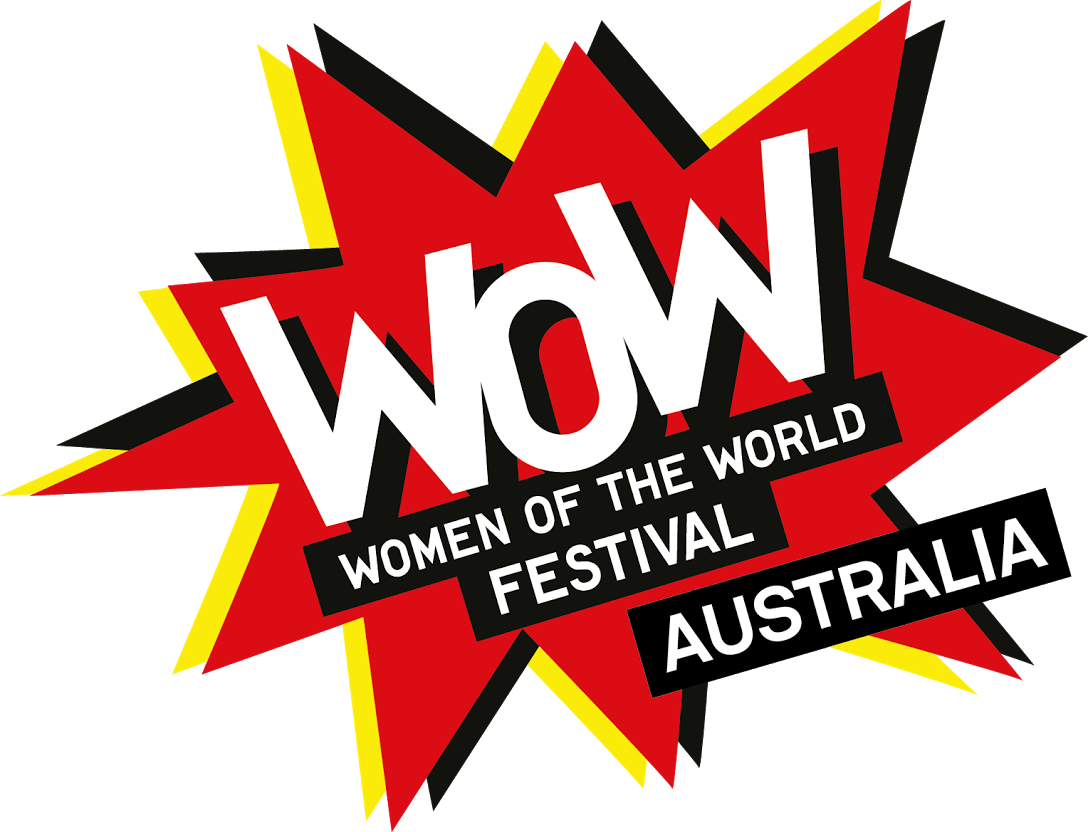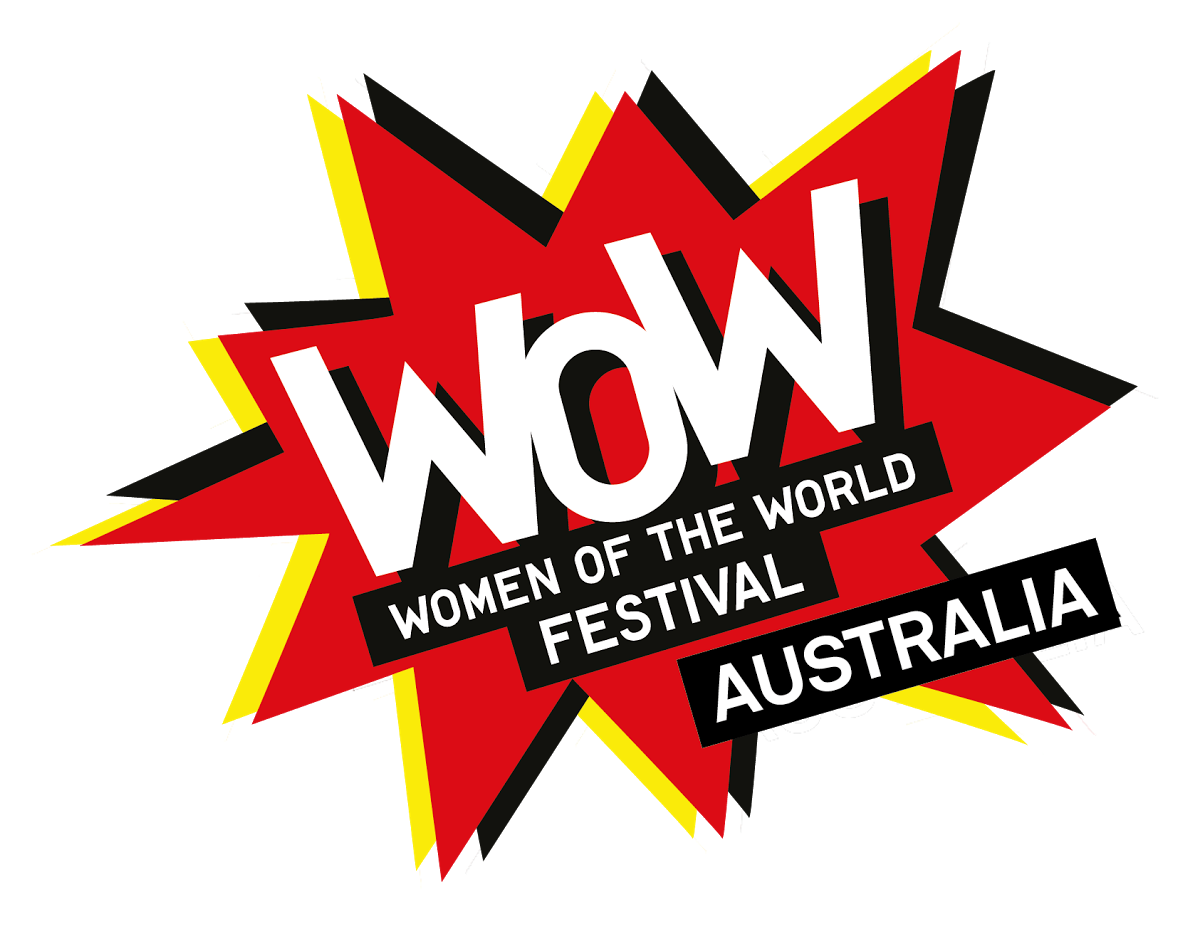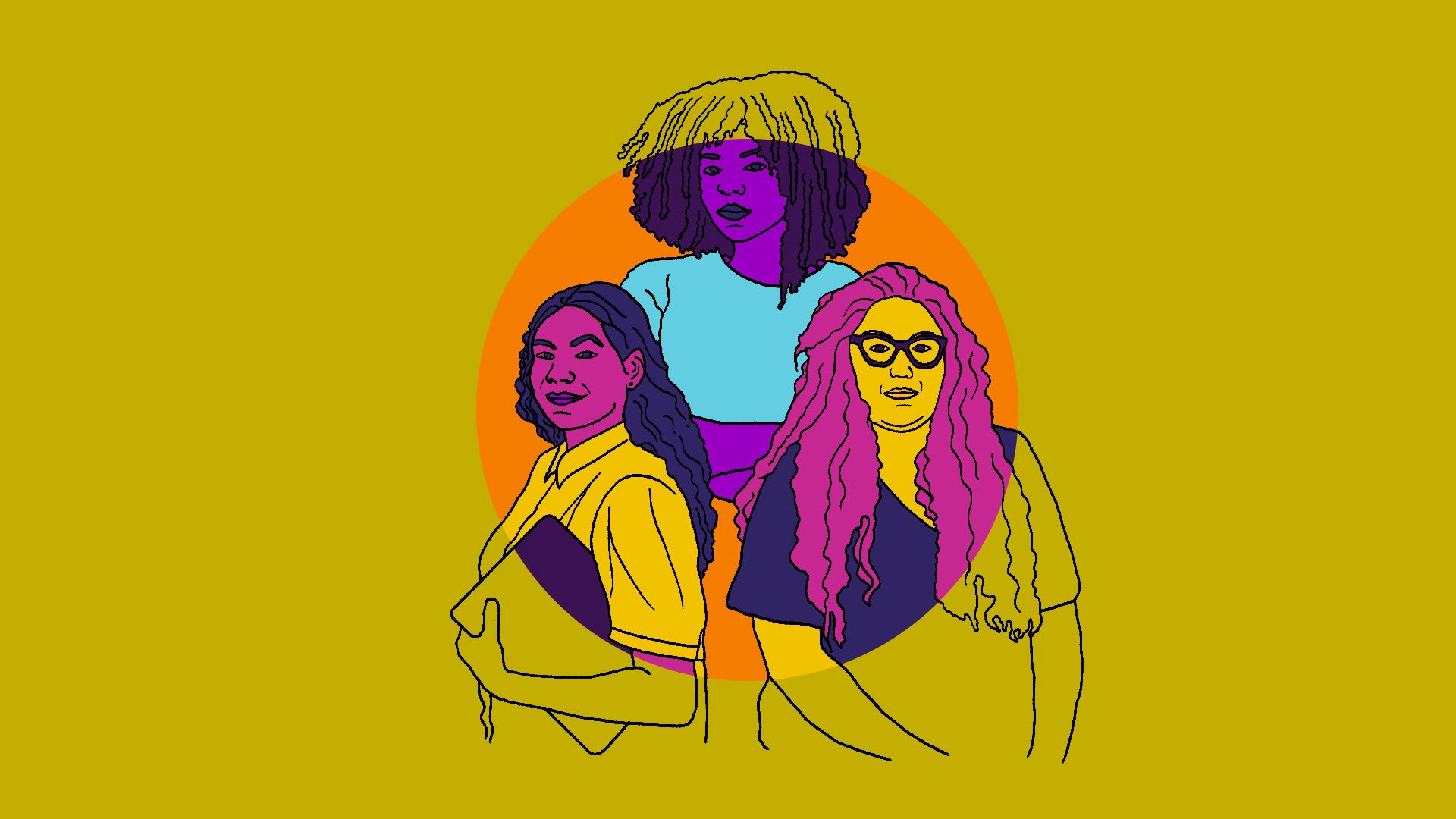June Oscar: “Power as a form of emergence—coming from women’s collective actions and ways of being.”
On the 27 April our co-Patron, June Oscar AO, was one of three women change makers who joined in conversation to discuss Women and Power. In discussion with Julia Banks and Julianne Schultz, and facilitated by Professor Anne Tiernan, the conversation was lively, enlightening and motivating.
We are pleased to present June’s opening address here in full.
Thank you, Cathy and thank you Anne for your invitation. I acknowledge my fellow panellists and I look forward to hearing your views on this very important subject. I want to acknowledge the Countries we all meet on today, and all our elders, past, present and emerging.
Opening in Bunuba
I am calling in from the beautiful lands of the Yawuru people in the Kimberley region of northern WA.
In my Bunuba language, I have described the interconnection of all living beings. I speak of how First Nations peoples carry the languages of country, of animals and plants, which describes how all human and non-human relatives and kin are entwined within interdependent, trusting, respectful, reciprocal and loving relationships—a web of being which works to sustain a vibrant and diverse existence since a time immemorial.
The energy you get from speaking languages that expand beyond yourself to encompass all of life and which holds eternal springs of knowledges about how to live meaningfully, forever, is exhilarating and powerful.
So, when I was thinking about women and power in preparation for this discussion, this is what I thought of—power as a form of emergence—coming from women’s collective actions and ways of being.
It may seem contradictory, but in wanting to become powerful we should not strive to attain power. I do not believe that power can exist within its own right—to be grasped, grabbed and owned, only by a few and never by the many. That type of power that proliferates with patriarchy, exists to degrade the whole and marginalise those who challenge dominant structures. We have to see that for what it is—not powerful but destructive.
I believe that what is truly powerful is brought into being through a shared commitment to constructing and living within a world that enables ecology and humanity to flourish.
What we should be doing is thinking about the types of contributions and actions that generate a powerful flourishing reality.
All women, and particularly First Nations women, are leading the way, in our everyday day actions and the knowledges we carry, in forming this reality.
I think in this session and the discussions afterward, let’s put the conventional idea of power to the side, and not ask: how do we get power as women?
Instead, let’s ask: How do we as women create a way of being that is powerful—what do we need to do to construct a world that we want to exist within, and what part do we all play to make it happen?
Within doing the work we can create the type of shared power that truly benefits everyone.
Since becoming the first women to be the Aboriginal and Torres Strait Islander Social Justice Commissioner, I have been determined to make visible the lived realities and elevate the voices of our First Nations women and girls. Within our current patriarchal power structures all women have been marginalised, but it is our First Nations women’s knowledges and ways of being—so different and possibly posing greatest threat to a Western conception of reality—which have experienced the most extreme forms of erasure and attempted silencing, from colonisation onwards.
At the beginning of my term in 2018, I launched the multiyear systemic change project called Wiyi Yani U Thangani, meaning Women’s Voices, in my language Bunuba. I had thousands of face-to-face conversations with women all across Australia—hearing their truths on their own terms. Their endless strengths, the work and lives they lead, their aspirations and dreams. What we heard has been brought together in the landmark Wiyi Yani U Thangani Report. Since its release in 2020 we have continued to pursue its implementation and translate its substantial findings—that give a well overdue First Nations gender lens to all aspects of life—into actions that can transform systems for the better.
The Report paints a detailed canvas of our women being present across all parts of life—It shows how they carry knowledge about sustaining existence and are doing the backbone work of society – caring for children, family and Country – and are at the forefront of driving economic and social change. It describes how when First Nations women are empowered, harms are reduced, children thrive, economies grow, and more equitable and sustainable ways of organising society are introduced. Advancing the gender justice of First Nations women is clearly in the interests of all Australians – First Nations and non-indigenous women and girls, men, and boys.
This is a piece of work, a long-term project, about how we can construct a better existence, a powerful existence for us all.
I want to briefly finish this introduction with talking about collective forms of leadership. This was a theme that arose continuously throughout Wiyi Yani U Thangani and is embedded in Indigenous principles of governance. In forming the society we want with shared and distributed power, we have to have the courage to lead and forge the way ahead. But the types of leaders we need, once again, are not our conventional leaders who hold ultimate power. They are leaders who believe in the potential of collaboration and embracing a diversity of skills and perspectives.
In that sense each and every one of us are leaders in our own right—you may not be a figure head, but you may be someone who listens, negotiates or cultivates trusts. You could be someone who knows how to unite and connect people, or someone who can inspire, motivate and galvanise change.
For First Nations people, leadership and power are not bestowed. You prove yourself to be powerful, through the way you grow, listen, learn knowledge and through that process, you take on responsibility to care and nurture Country and all living things.
I challenge you all in this room today, to lead together and become powerful. We all have a responsibility to act and stand with one another to lead the way in forming the world we want and have a right to live within. Collectively, we can create the power for change.
June Oscar
June Oscar AO is a proud Bunuba woman from the remote town of Fitzroy Crossing in Western Australia’s Kimberley region. She is a strong advocate for Indigenous Australian languages, social justice, women’s issues, and has worked tirelessly to reduce Fetal Alcohol Spectrum Disorder (FASD). June began her five-year term as Australia’s Aboriginal and Torres Strait Islander Social Justice Commissioner on 3 April 2017.
Read more about her work on the Wiyi Yani U Thangani (Women’s Voices) report here.







